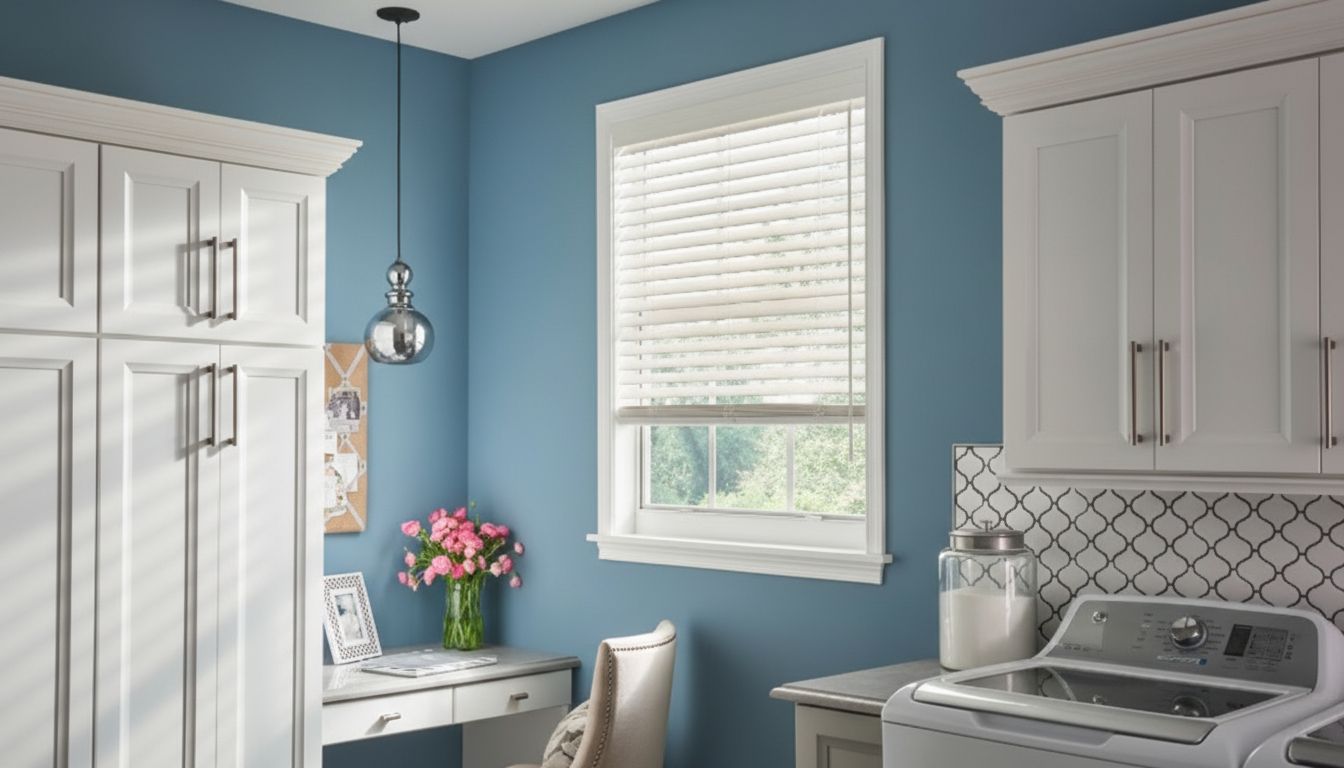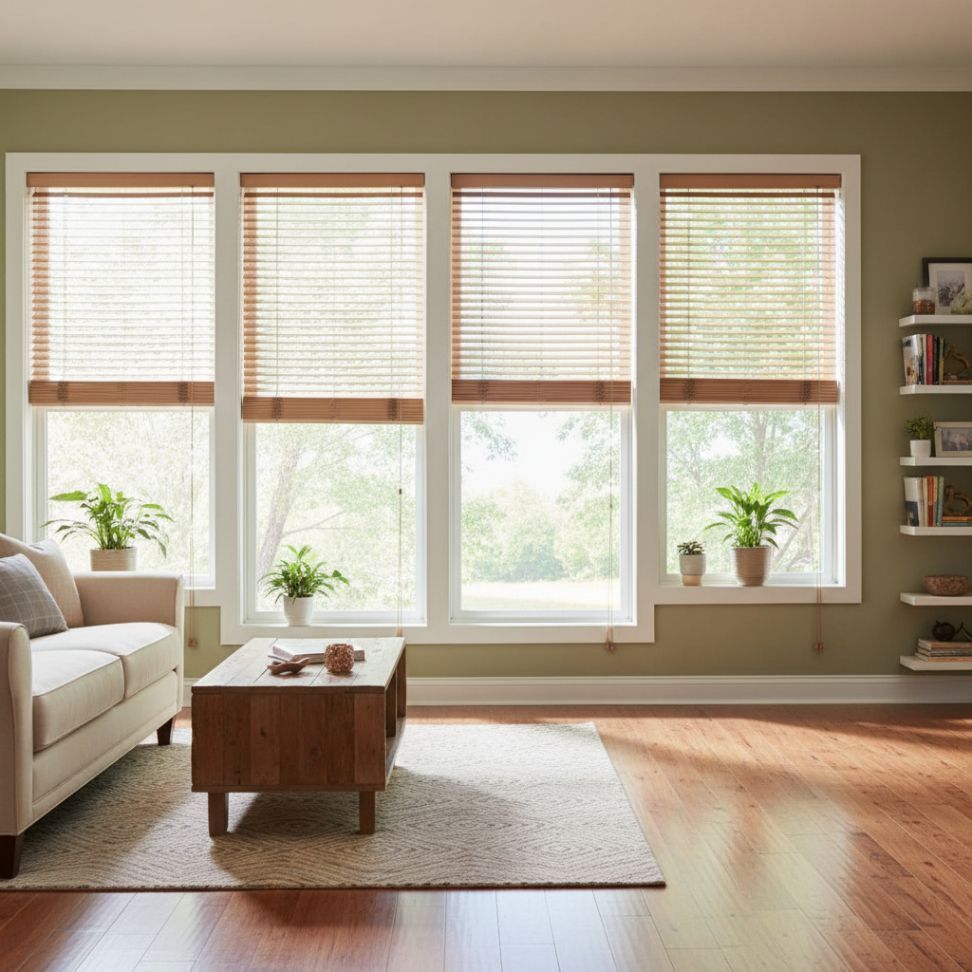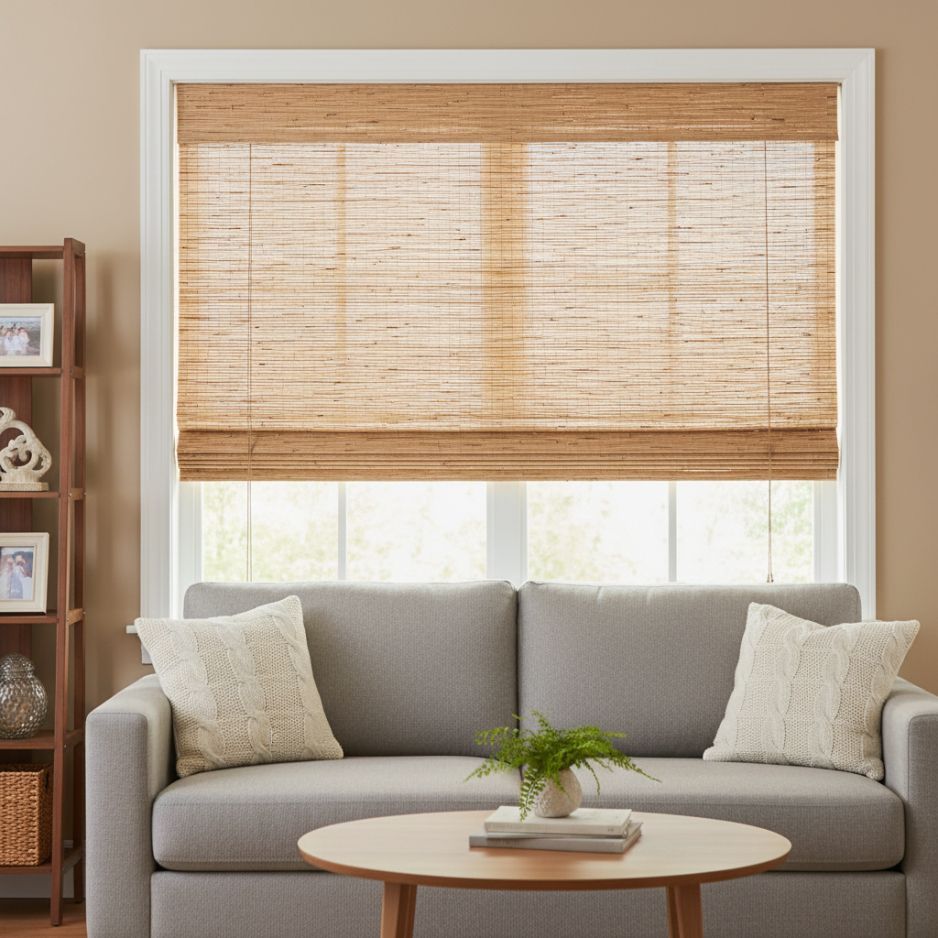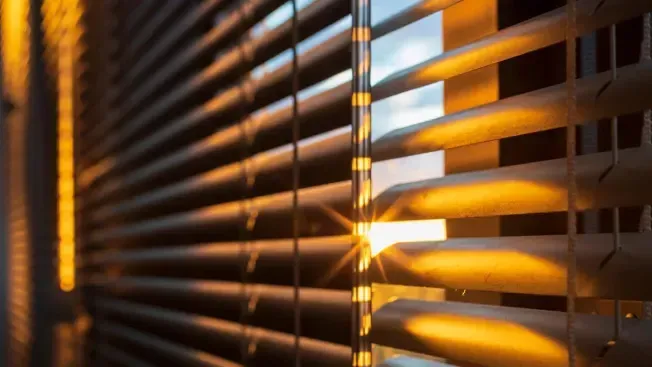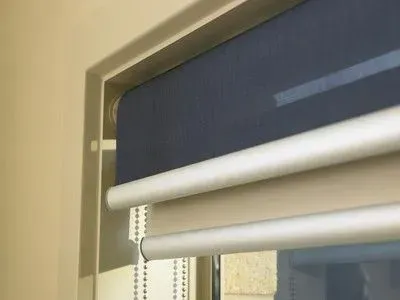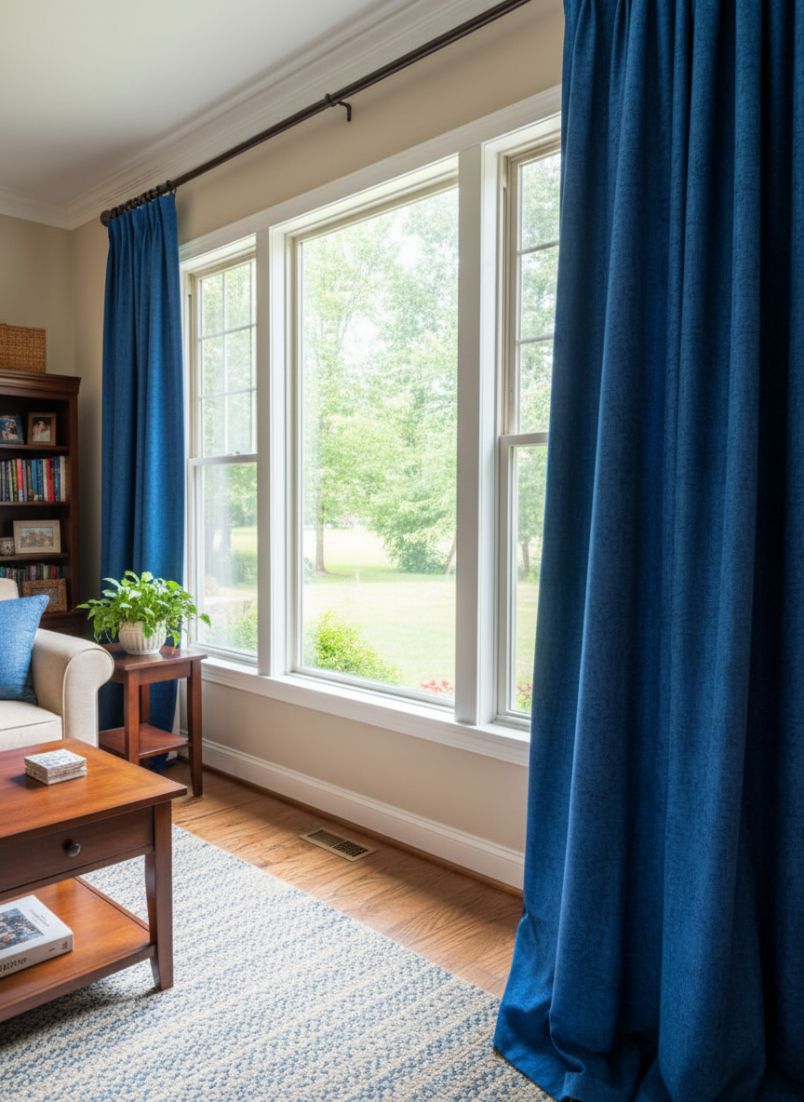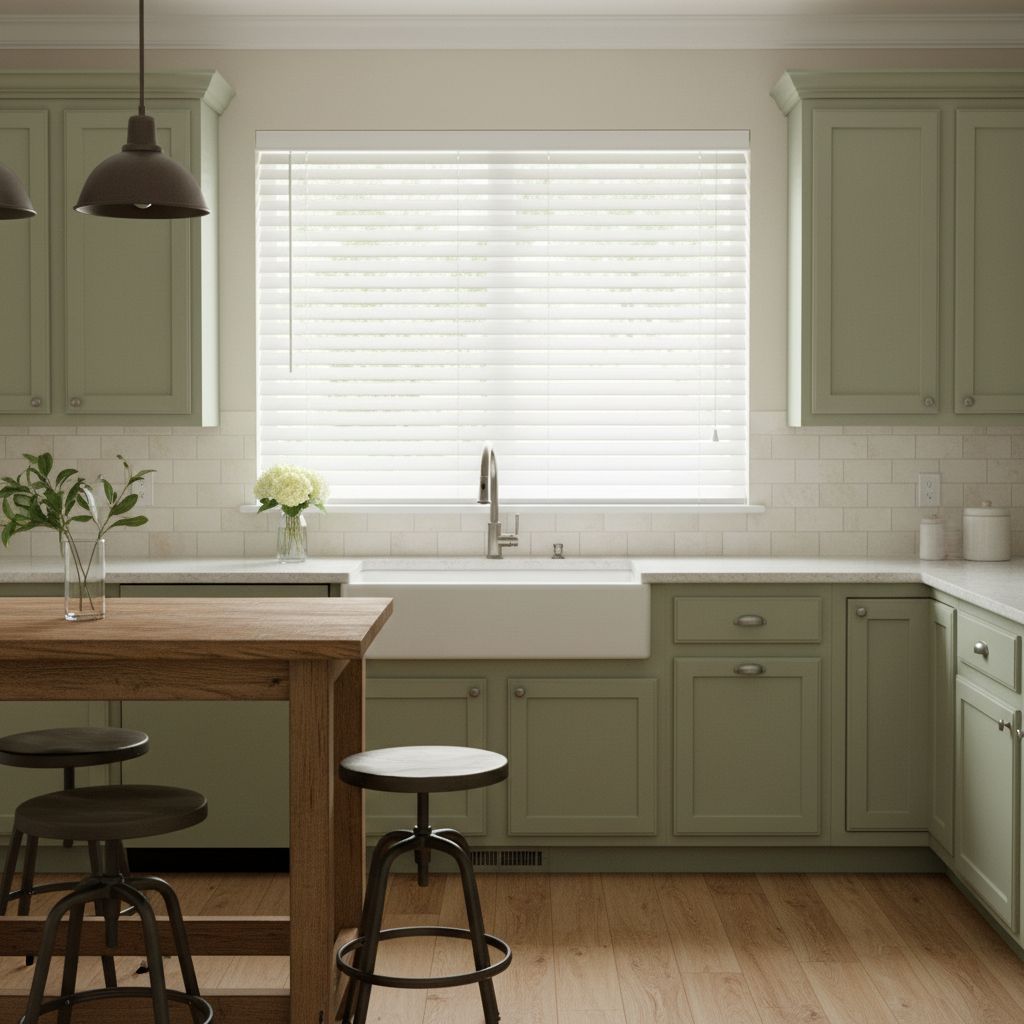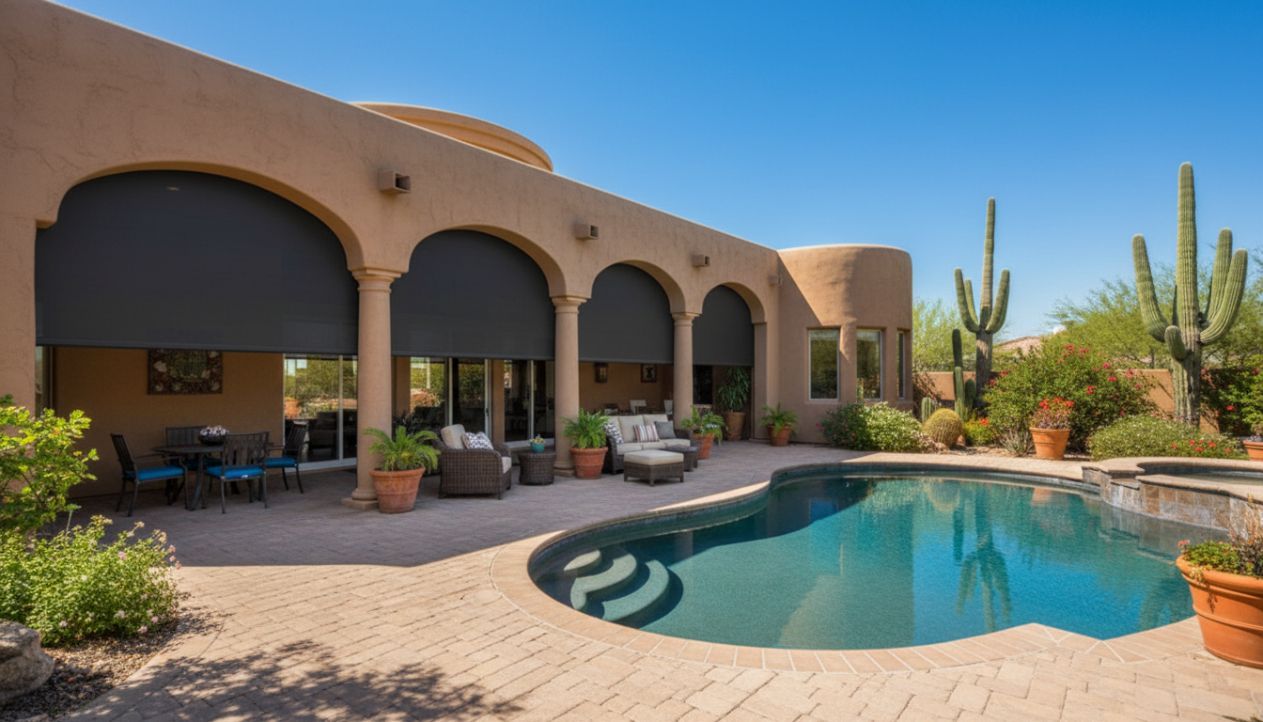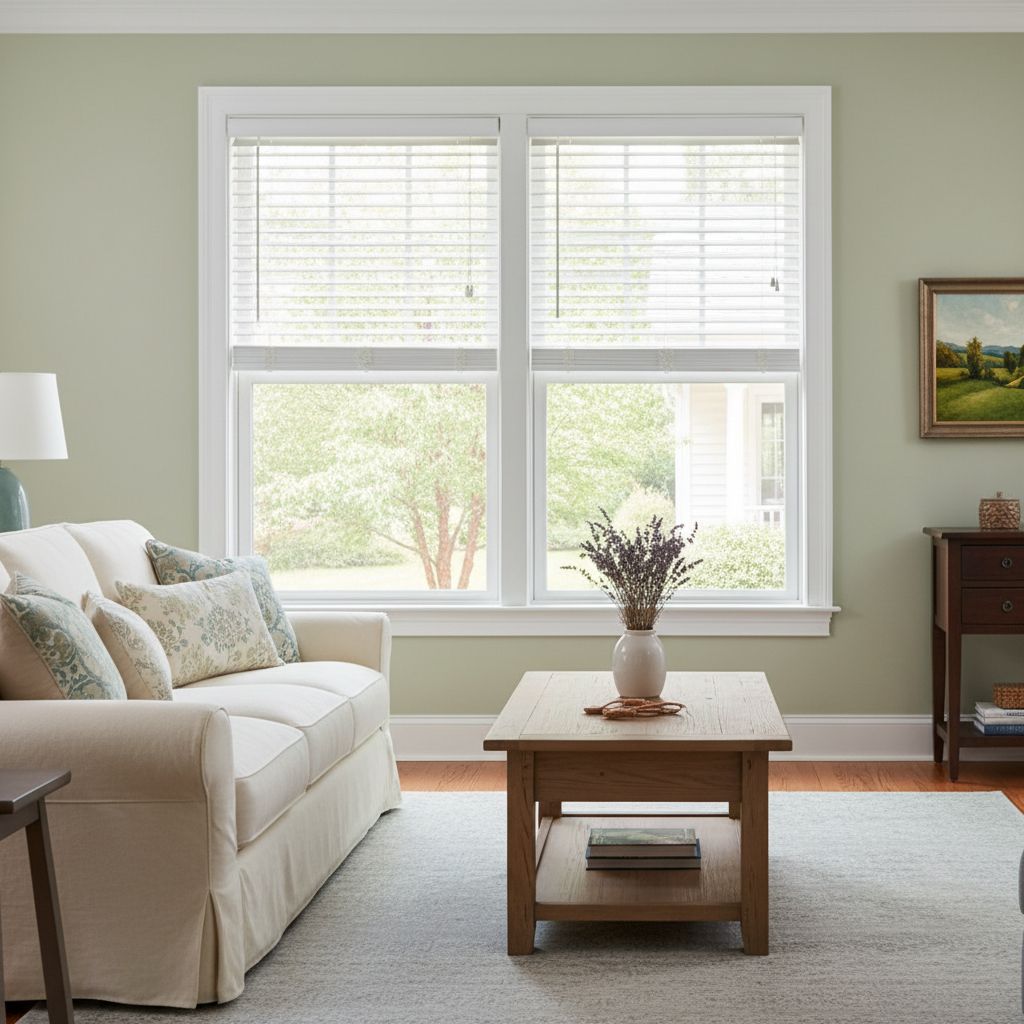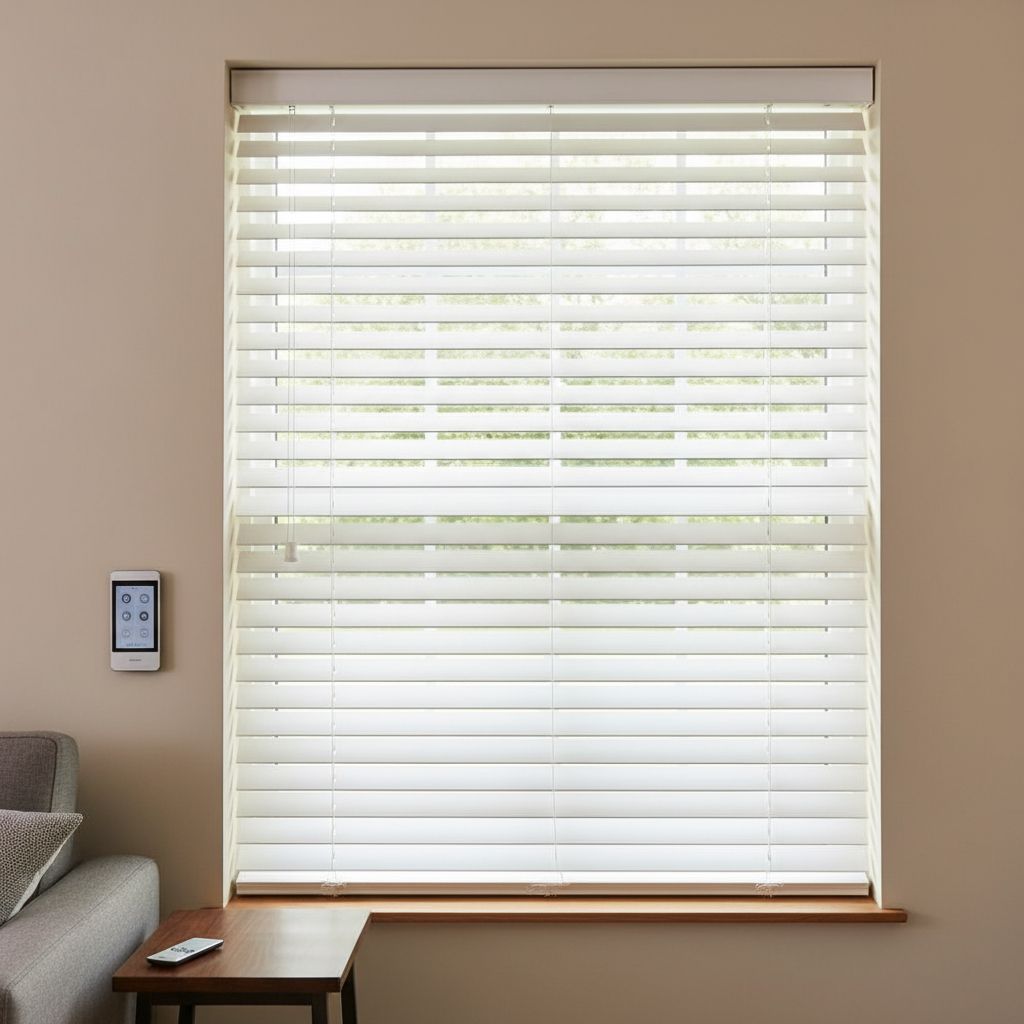Top Eco-Friendly & Energy-Efficient Blinds
for a Greener Home
TLDR;
The best eco-friendly and energy-efficient
blinds include cellular shades, bamboo blinds, solar screen shades, and recycled aluminum blinds. These options reduce your carbon footprint and energy bills by offering natural insulation, UV blocking, and sustainable material use.
Why Choosing Eco-Friendly Energy-Efficient Blinds Matters
Blinds aren’t just decorative—they’re strategic tools for lowering utility bills and reducing environmental impact.
Most homes lose up to 30% of heating and cooling energy through windows. Traditional blinds, especially those made from PVC or untreated synthetics, do little to combat this. Worse, they can off-gas harmful chemicals and contribute to landfill waste once discarded.
Today’s consumers want more:
- Style that enhances their space
- Sustainability that aligns with their values
- Savings that last through every season
Love Is Blinds AZ understands this need and provides homeowners with modern, eco-conscious solutions that are as practical as they are beautiful.
What Makes a Blind Eco-Friendly or Energy Efficient?
Sustainable Materials Matter
The first test of eco-friendliness lies in the material itself. Look for:
- Bamboo: A fast-growing, renewable resource requiring little water
- Woven Wood & Jute: Natural, biodegradable fibers
- Recycled Polyester & Aluminum: Repurposes waste into durable solutions
- Organic Cotton or Hemp: Grown without harmful pesticides
Avoid:
- PVC-based blinds
- Chemically treated synthetics
- Products without transparency on material sourcing
Smart Design for Energy Savings
Blinds must do more than look good—they should perform. Here’s how they improve efficiency:
- Cellular Shades: Trap air in honeycomb cells to create a thermal barrier
- Solar Shades: Block UV rays, reduce glare, and lower heat transfer
- Blackout & Thermal Blinds: Prevent indoor temperature fluctuations
- Smart Blinds: Optimize light and temperature control through automation
Certifications That Ensure You’re Buying Green
Reliable blinds should carry one or more of these:
- GREENGUARD Gold: Low chemical emissions
- OEKO-TEX Standard 100: Free from harmful substances
- FSC (Forest Stewardship Council): Responsible forestry practices
- Cradle to Cradle Certified™: Full lifecycle sustainability
Each of these combines environmental integrity with performance.
Green Window Treatment Options by Room
What’s the Best Green Blind for a Nursery?
- Sustainable blackout blinds made from organic cotton or bamboo
- Cordless design for child safety
- GREENGUARD certified for non-toxic materials
Which Blinds Keep Your Kitchen Cool and Safe?
- Recycled aluminum blinds are moisture-resistant and recyclable
- Easy to clean and won’t warp from steam
- Consider
thermal-lined fabric
shades for east-facing windows
What Blinds Work for Living Rooms?
- Light-filtering cellular shades provide both insulation and ambiance
- Choose woven wood blinds for natural texture and breathable design
What’s the Best Option for Bedrooms?
- Double-cell cellular shades trap more air for better insulation
- Consider
bamboo blackout shades with thermal lining
Which Blinds Should You Use in a Home Office?
- Solar screen shades reduce glare on screens and UV exposure
- Choose PVC-free options for healthier air quality
Which Blinds Save the Most Energy in Summer?
- Solar shades and cellular blinds are among the most effective
heat-blocking blinds, significantly reducing solar heat gain
- Cellular shades can cut heat transfer by up to 60%
- Proper installation increases effectiveness—fit matters
Cost vs. Savings: What You Actually Save with Green Blinds
Short-Term Costs vs. Long-Term ROI
Investing in eco-efficient blinds may cost more upfront, but they deliver returns.
- Cellular Shades: Save 10–25% on heating and cooling annually
- Smart Blinds: Automate for peak efficiency, reduce misuse
- Bamboo Blinds: Low maintenance, long-lasting, biodegradable
- Solar Shades: Reduce UV-related furniture fading (prolongs interior lifespan)
Estimated Lifetime Savings (over 10 years):
- Cellular Shades: $1,000–$1,500
- Solar Shades: $800–$1,200
- Smart Blinds: Variable (based on usage patterns and integration)
Maintaining Your Eco-Conscious Window Shades
How Long Do They Last?
- Cellular: 7–10 years
- Bamboo: 5–8 years
- Recycled Aluminum: 10+ years
Cleaning Tips
- Use
non-toxic cleaners or natural solutions (vinegar + water)
- Avoid abrasive tools that wear out coatings
- Wipe solar shades with microfiber cloth to remove dust without chemicals
End-of-Life Disposal
- Return programs (check with brands like Blinds.com)
- Recycle metal components
- Repurpose natural materials for home crafts or compost
Where to Buy Energy-Efficient Window Coverings
Love Is Blinds AZ partners with trusted eco-conscious manufacturers.
Trusted Brands Include:
- Hunter Douglas: Smart systems + GREENGUARD certified materials
- Bali Blinds: Recycled content + budget-friendly options
- The Shade Store: FSC-certified wood + organic fabrics
- Blinds.com Eco Collection: Affordable and customizable green options
Local vs. Online Vendors:
- Local Installers (like those partnered with Love Is Blinds AZ): Better measurements, local economy support
- Online Stores: Broader variety, quicker access, less guidance
How to Choose the Right Eco Blinds for Your Home
Before purchasing, assess your needs based on:
- Room Function: Kitchen? Nursery? Office?
- Insulation Needs: High-efficiency cellular vs. breathable bamboo
- Light Control: Sheer vs blackout vs solar
- Budget: Factor long-term savings, not just upfront cost
- Certifications: Always verify environmental standards
Use this checklist to narrow your selection and maximize your ROI.
Common Questions About Eco-Friendly Energy-Efficient Blinds

